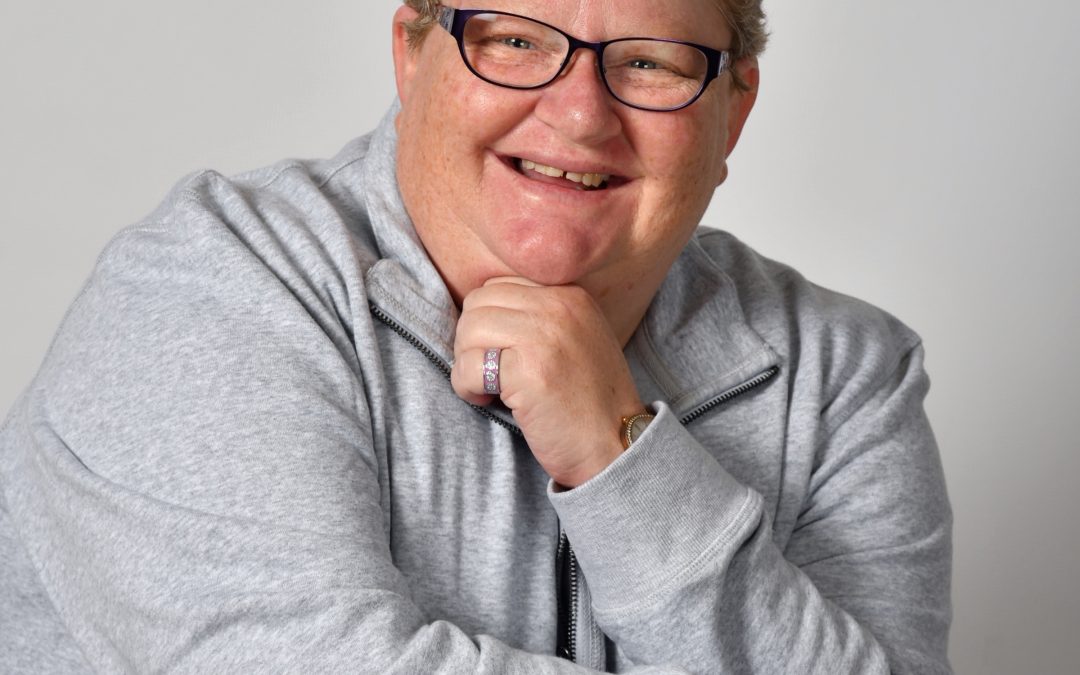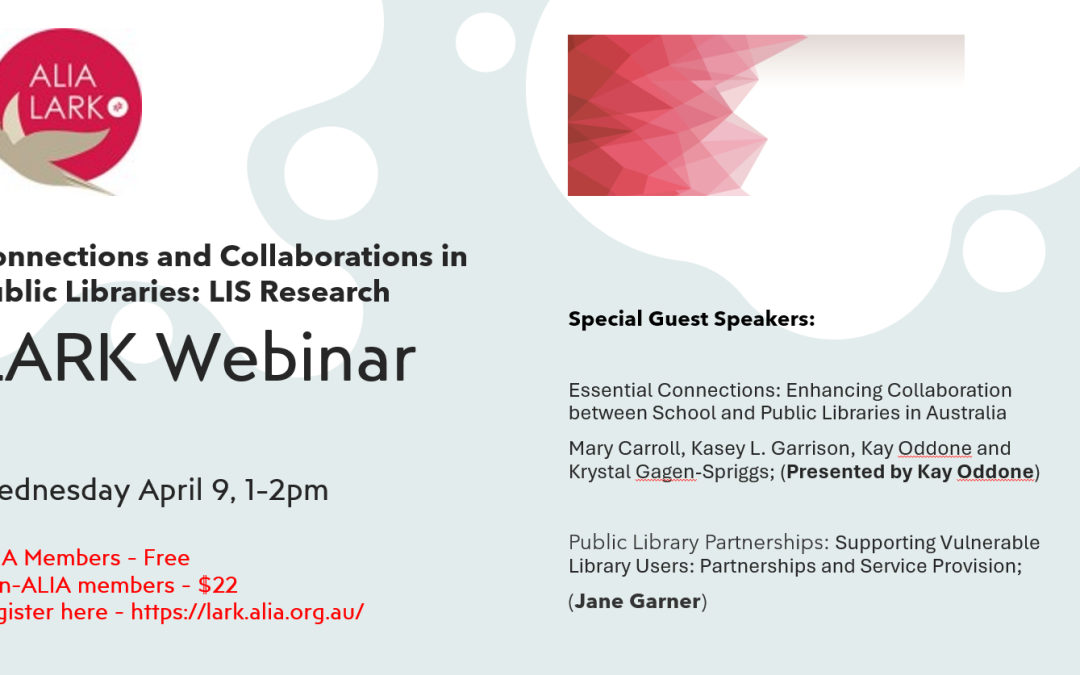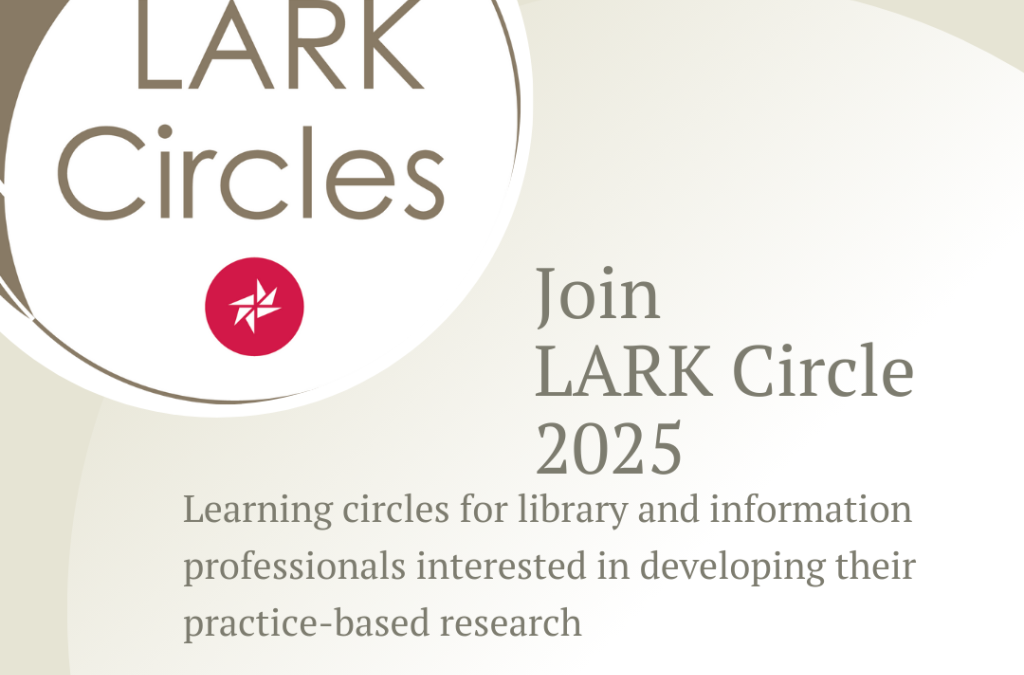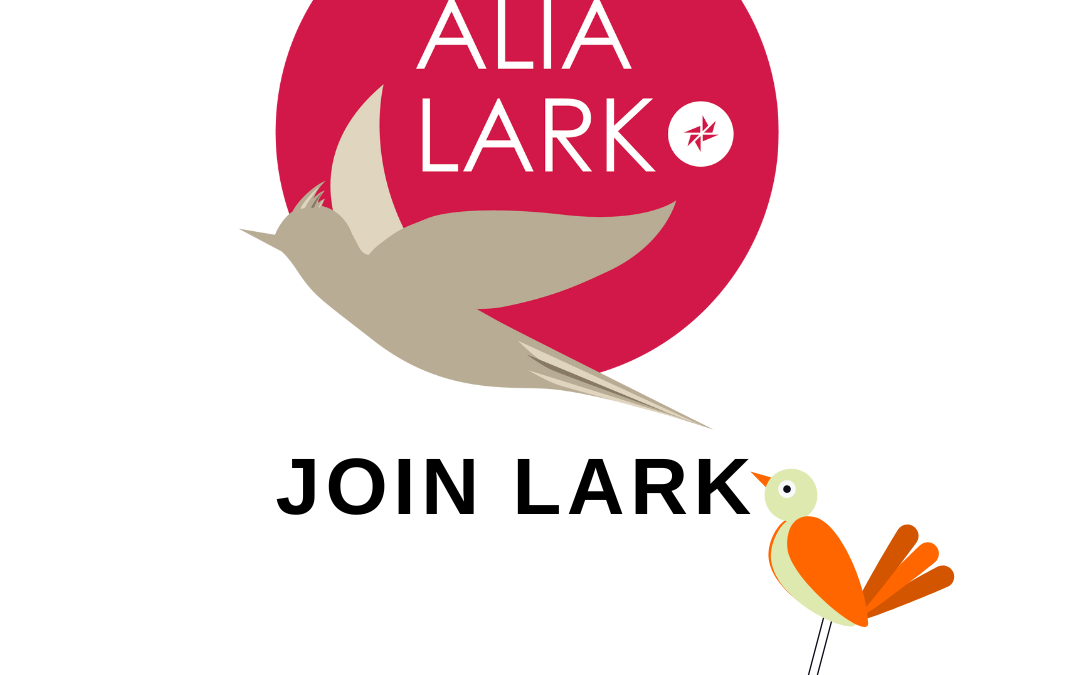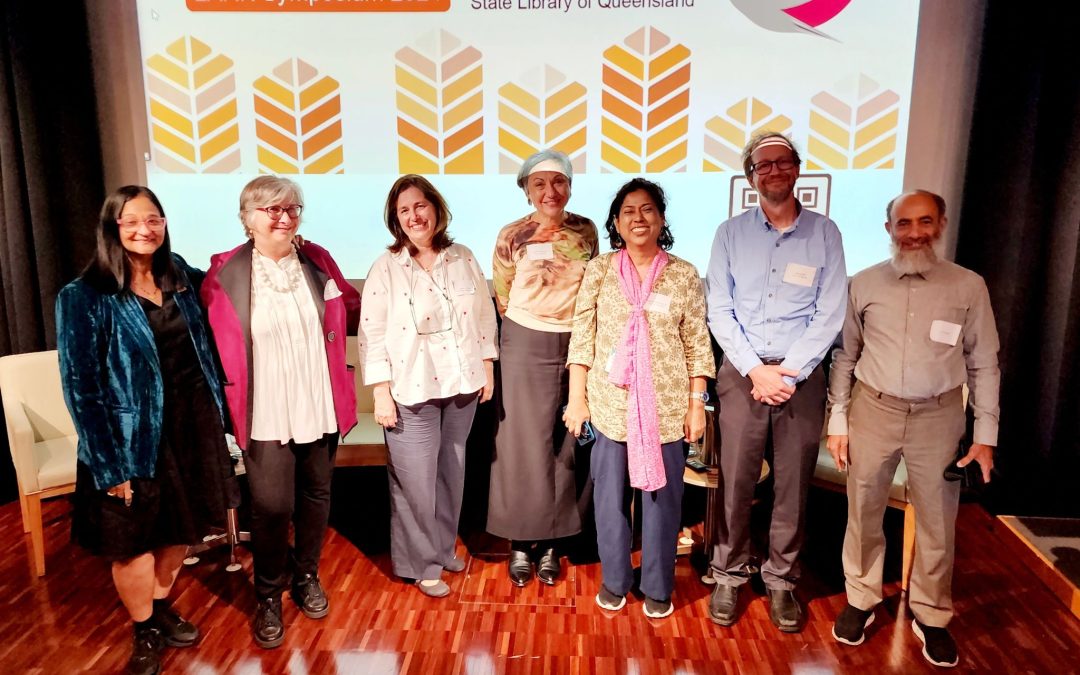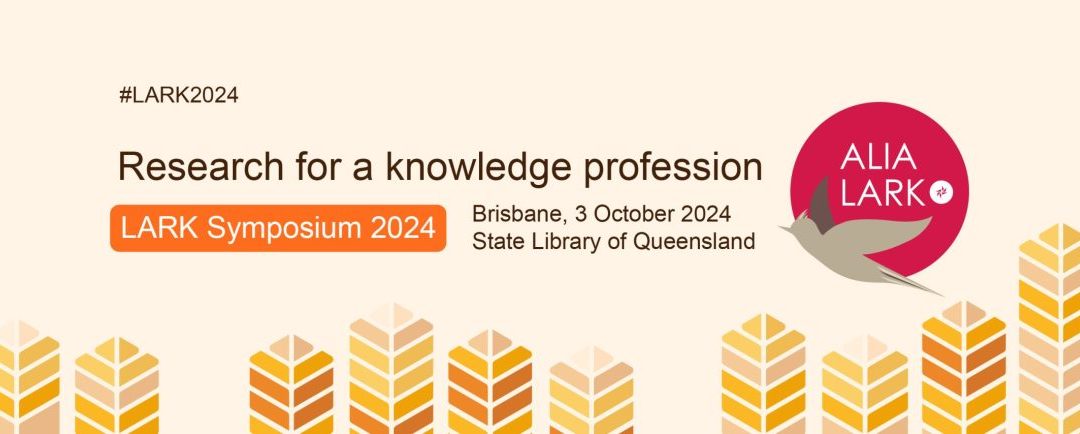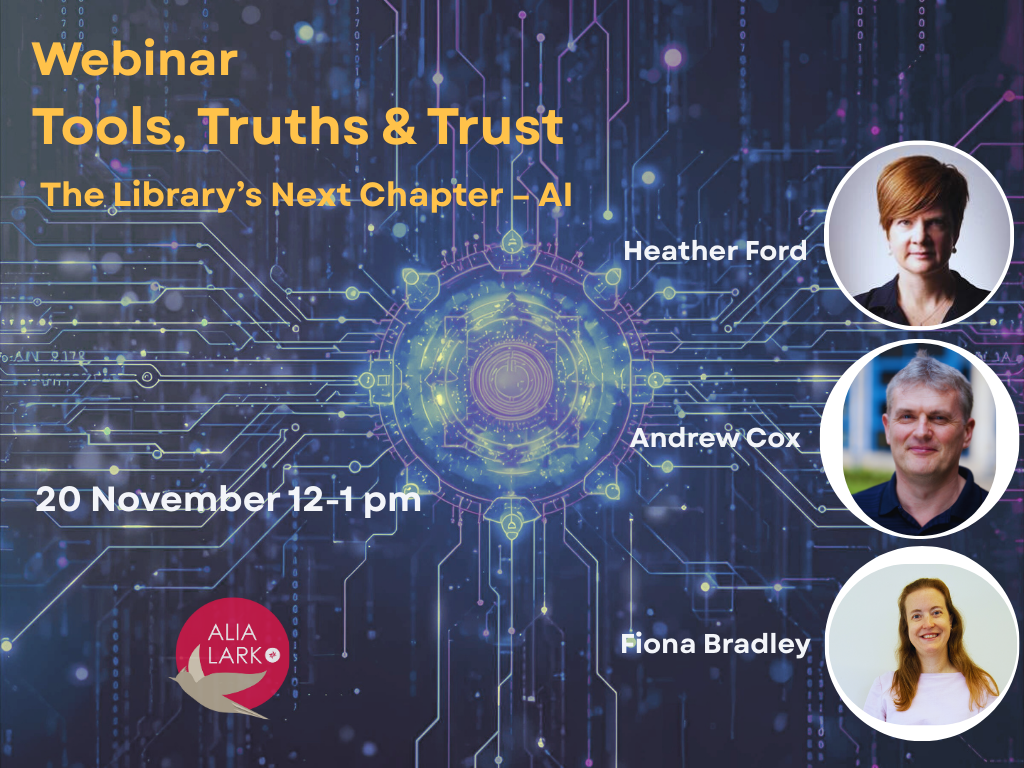
ALIA members: Free
Non-members: $22
Registration via ALIA site
As AI transforms research, education, and knowledge, libraries face urgent questions about their mission and responsibilities. This webinar brings together expert voices to explore how libraries can lead with integrity in the age of AI—shaping institutional strategy, safeguarding scholarly communication, and advancing critical literacy. Join us to examine not just what AI can do, but what libraries should do to uphold their values in a rapidly evolving digital landscape.
This webinar will start with opening statements by three experts, leading to a panel discussion about many challenges and opportunities ahead. Please read their opening statements and biographical notes, and register to participate in thought-provoking discussions.
Facilitator: Suzana Sukovic, LARK’s Co-Convenor
PRESENTERS
 |
ANDREW COXOpportunities and Challenges |
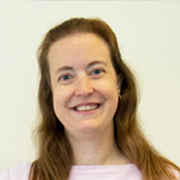 |
FIONA BRADLEYScholarly Communications |
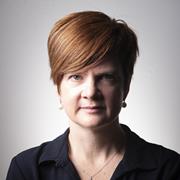 |
HEATHER FORDAI Literacy |
PRESENTERS’ BIOGRAPHIES
Andrew Cox is a senior lecturer at the School of Information, Journalism and Communication, University of Sheffield, UK. He is convenor of the IFLA Special Interest Group on AI and a former chair of ASIS&T’s AI SIG. As well as author of many recent peer reviewed journal articles on AI and libraries, he is co-author of the 2025 book, AI for Knowledge, published by CRC press. https://sheffield.ac.uk/ijc/people/andrew-cox
Fiona Bradley is Director, Research & Infrastructure at UNSW Sydney and leads the Library’s scholarly communications and repositories, digital and physical infrastructure, and corporate services. Fiona is Chair of the IFLA Open Science & Scholarship Advisory Committee, and a member of the Open Access Australasia Executive Committee. She is currently in the final stages of a PhD at the University of Western Australia in Political Science and International Relations, which explores how transnational advocacy networks engage with regulation related to freedom of access to information.
Heather Ford is a writer, scholar and designer of public knowledge technologies. She researches how digital platforms shape what counts as knowledge and truth and works with libraries, teachers, lecturers and civil society organisations to improve digital and AI literacies for all. She currently works as a Professor in the School of Communication at the University of Technology Sydney.



